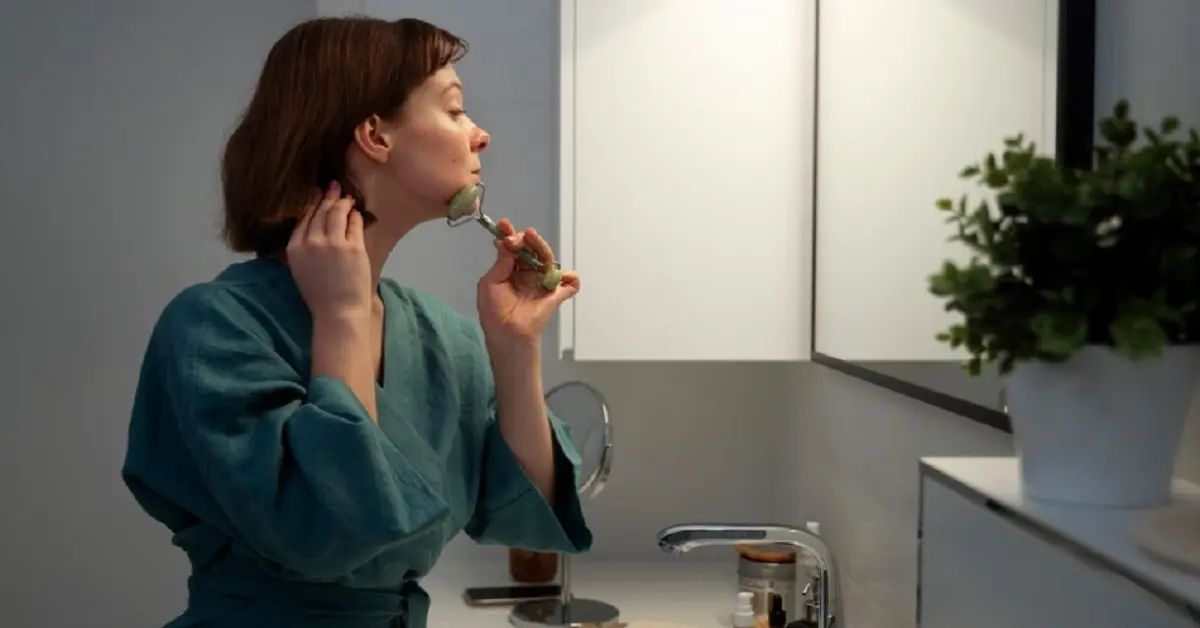Introduction to Dilly Dally Vanity
In today’s society, the pursuit of beauty has taken on new dimensions, often leading individuals down a path of endless dissatisfaction with their appearance. This phenomenon, known as dilly dally vanity, encompasses a range of behaviors and attitudes characterized by an obsessive preoccupation with physical appearance and an incessant desire for validation from others.
Understanding Dilly Dally Vanity Syndrome
Dilly Dally Syndrome refers to the compulsion to constantly engage in activities aimed at enhancing one’s appearance, despite the detrimental effects on mental well-being and overall happiness. It goes beyond simple grooming routines and extends into an unhealthy fixation on attaining an idealized image of beauty.
Causes of Dilly Dally Vanity
Social Media Influence
The rise of social media platforms has played a significant role in exacerbating dilly dally vanity. The curated images of perfection portrayed on these platforms create unrealistic beauty standards, leading individuals to compare themselves unfavorably and strive for unattainable levels of perfection.
Unrealistic Beauty Standards
The media, advertising, and entertainment industries perpetuate narrow definitions of beauty, often equating it with youth, thinness, and flawless skin. These unrealistic beauty standards contribute to feelings of inadequacy and fuel the desire to constantly alter one’s appearance.
Peer Pressure
Peer pressure, both explicit and implicit, also contributes to dilly dally vanity. The need to fit in and conform to societal norms can drive individuals to engage in excessive grooming habits, cosmetic procedures, and other appearance-enhancing activities.
Effects of Dilly Dally Vanity
Mental Health Issues
Dilly Dally can take a toll on mental health, leading to feelings of anxiety, depression, and low self-esteem. The constant pursuit of perfection can result in a distorted self-image and a never-ending cycle of dissatisfaction.
Financial Impact
The financial cost of maintaining a dilly-dallying vanity lifestyle can be substantial, with expenditures on cosmetics, skincare products, salon treatments, and cosmetic procedures adding up over time. This financial burden can contribute to stress and financial insecurity.
Relationship Strain
Dilly Dally can strain relationships, as the focus on appearance may overshadow deeper emotional connections. Partners may feel neglected or unappreciated, leading to conflicts and resentment within the relationship.
Recognizing Dilly Dally Vanity Syndrome
Behavioral Signs
- Excessive grooming rituals
- Constantly seeking validation from others
- Obsessive focus on physical flaws
- Avoidance of social situations due to perceived imperfections
Emotional Indicators
- Low self-esteem
- Mood swings
- Irritability
- Fear of rejection or judgment
Physical Manifestations
- Body dysmorphia
- Eating disorders
- Skin conditions from excessive product use
- Physical exhaustion from beauty routines
Overcoming Dilly Dally
Self-Acceptance and Self-Love
Learning to accept and love oneself for who they are, flaws and all, is essential in overcoming Dilly Dally. Practicing self-care and nurturing a positive self-image can help individuals break free from the cycle of self-criticism.
Setting Realistic Goals
Instead of striving for unattainable perfection, individuals can focus on setting realistic and achievable goals for self-improvement. Embracing imperfection and celebrating personal growth can lead to greater happiness and fulfillment.
Seeking Professional Help
For those struggling with severe dilly dally vanity Syndrome, seeking professional help from therapists or counselors specialized in body image issues can be beneficial. Therapy can provide valuable tools and strategies for coping with negative thoughts and behaviors.
Embracing Authenticity
Ultimately, embracing authenticity and embracing one’s unique qualities is the antidote to Dilly Dally Vanity. True beauty lies not in conforming to societal standards, but in being true to oneself and embracing individuality.
Conclusion
Dilly Dally Syndrome poses a significant challenge in today’s image-obsessed culture, but it is not insurmountable. By recognizing the root causes, understanding its effects, and taking proactive steps towards self-acceptance and authenticity, individuals can break free from the shackles of dilly dally vanity and embrace a more fulfilling and authentic way of life.
